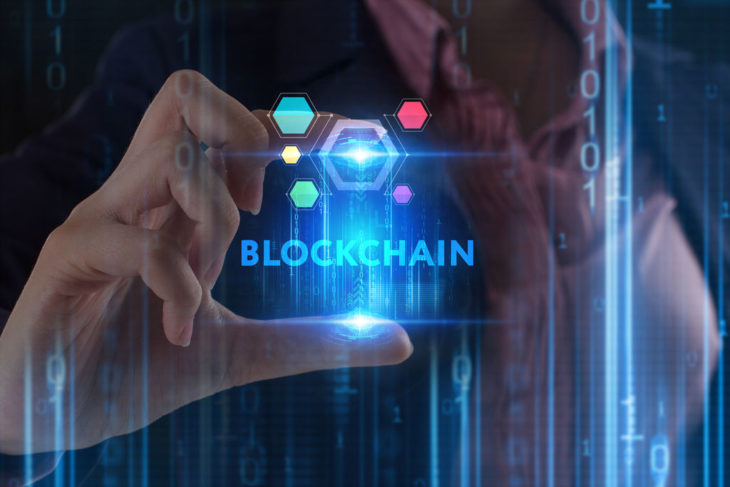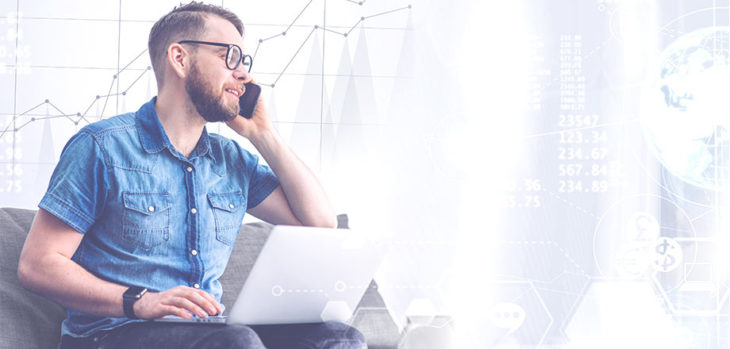Blockchain is no longer considered to be the technology of the distant future. It is already changing the way our world works, including the sphere of education. For instance, ‘Sony Global Education has created a blockchain based educational platform to secure and share students records’, according to Forbes.
Let us provide a quick insight into how blockchain may transform education and actually make it better.

Source: kopfsache
Contents
1. Better Rights Management and Protection
Today the border of digital rights are quite blurred. Even though the issue of intellectual property is being improved, tons of teachers and students suffer from plagiarism and piracy. However, with the blockchain opportunities we can create platforms where educators can protect their intellectual property. Their work can be provided with unique identification, thus can be tracked and this is how it can be protected.
2. Minimizing Fraud
Imagine a verifiable e-portfolio that can be updated throughout your whole life. All your records, letters of recommendation, or certificates are stored, secured and can be checked by your employer. Open University has already created Open Badges where you can store your credentials. This is how we can minimize fraud, as it will be almost impossible to forge your documents. As a matter of fact, it can help reduce paper-based processes and secure digital records in any sphere.

Source: Jasmin
3. Removing the Middleman
One of the core ideas of blockchain technology is the middleman elimination. We can create platforms where students can pay for courses without a third party. Not only will this reduce the cost of transactions, but it will also secure the duty fulfillment of both parties. These are called smart contracts.
4. Making Education Universal
We are already living in a world that is interconnected. Still, due to political and economic issues, there are some hurdles to make education universal. On the other hand, with blockchain technology we can make a dream come true.
“Most of the jobs are now digital, so you do not have to stick to some geographical area. Why not apply this opportunity to education as well? With digital e-portfolio, with blockchain platforms of assignment and exam assessments, it is possible to study anywhere and anytime. This how we create Global Learning Community”, says Adam Simon, a university student, blockchain enthusiast and owner of LegitWritingServices education blog and writing services review site.

Source: The Daily Prosper
5. Improving the Quality of Education
With blockchain technology it will be easier to get objective feedback on the quality of courses. As all the experiences like debates, discussions, seminars can be stored in a public ledger system, it will be easier for students to keep track of their growth. Consequently, they will be more engaged and aware of what needs to be improved to increase the quality of a course. Teachers will also be able to monitor academic performance easier and detect things that should be changed in the curriculum, for instance.
Finally, as any cutting-edge technology blockchain is believed to revolutionize education and make it better. A global learning community where there are no limitations for knowledge exchange sounds amazing, doesn’t it?
